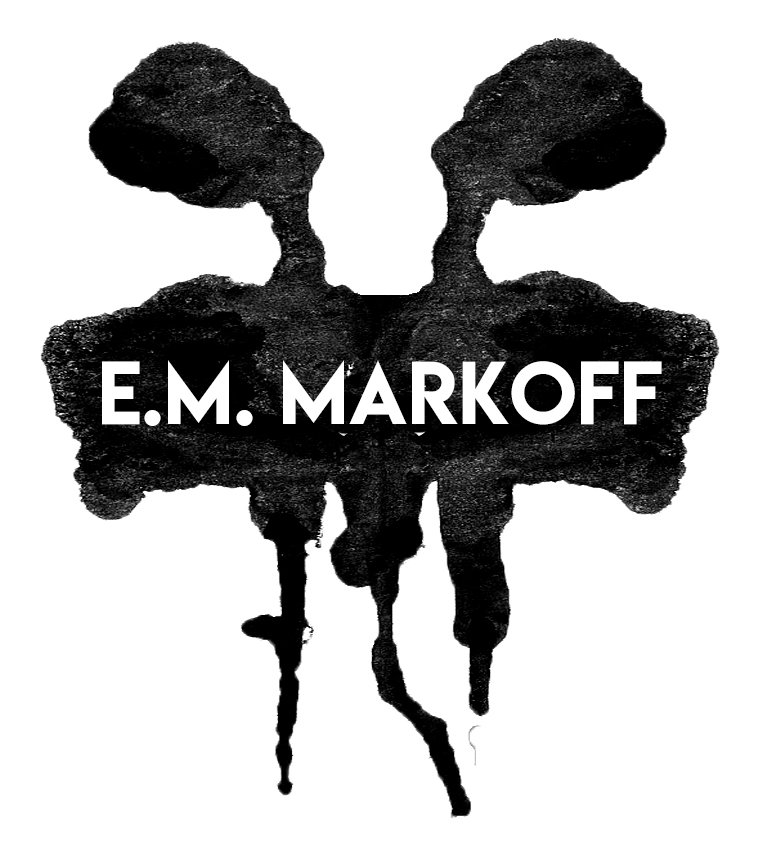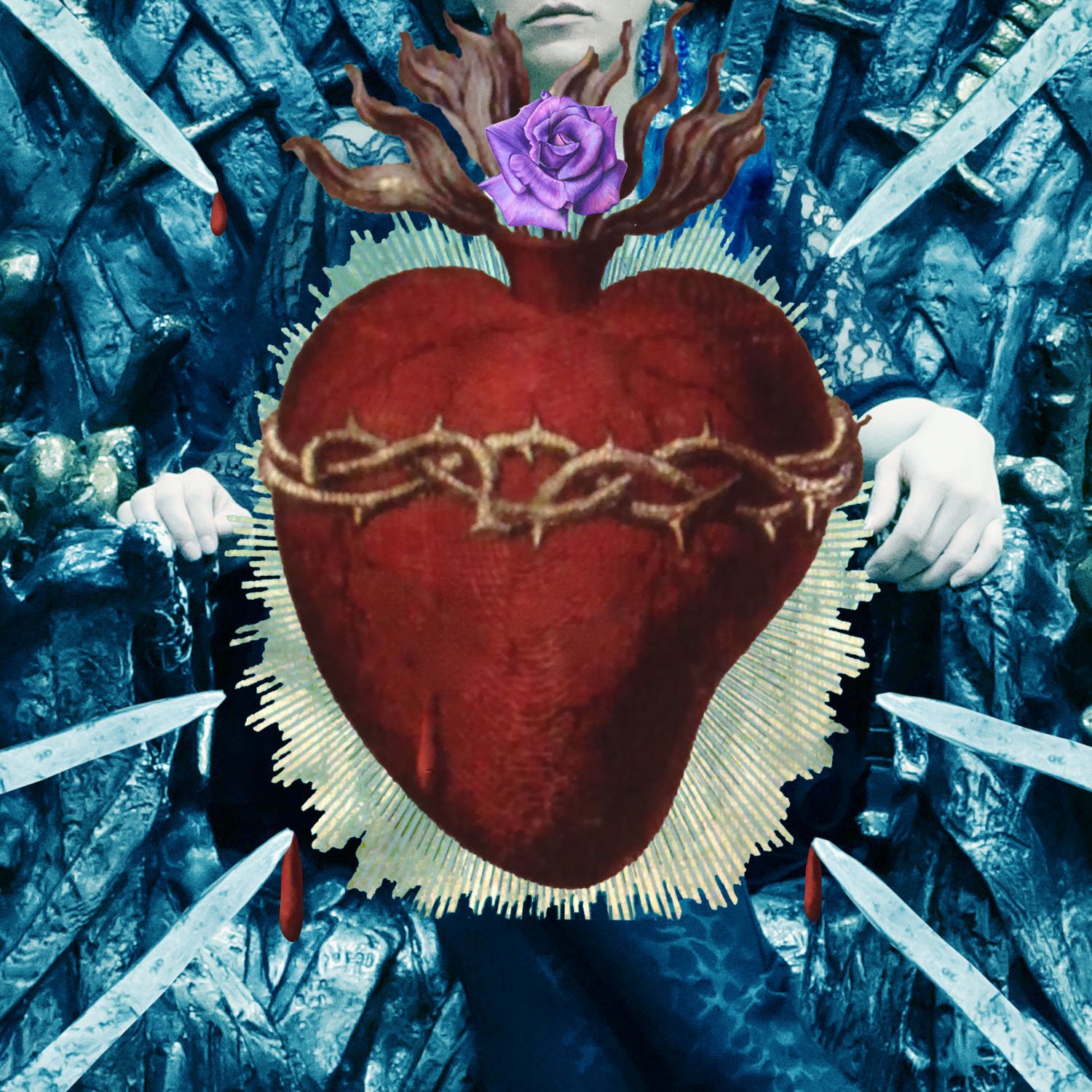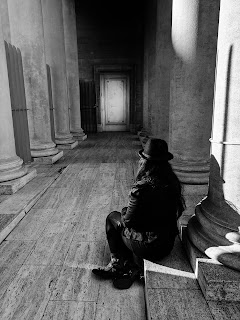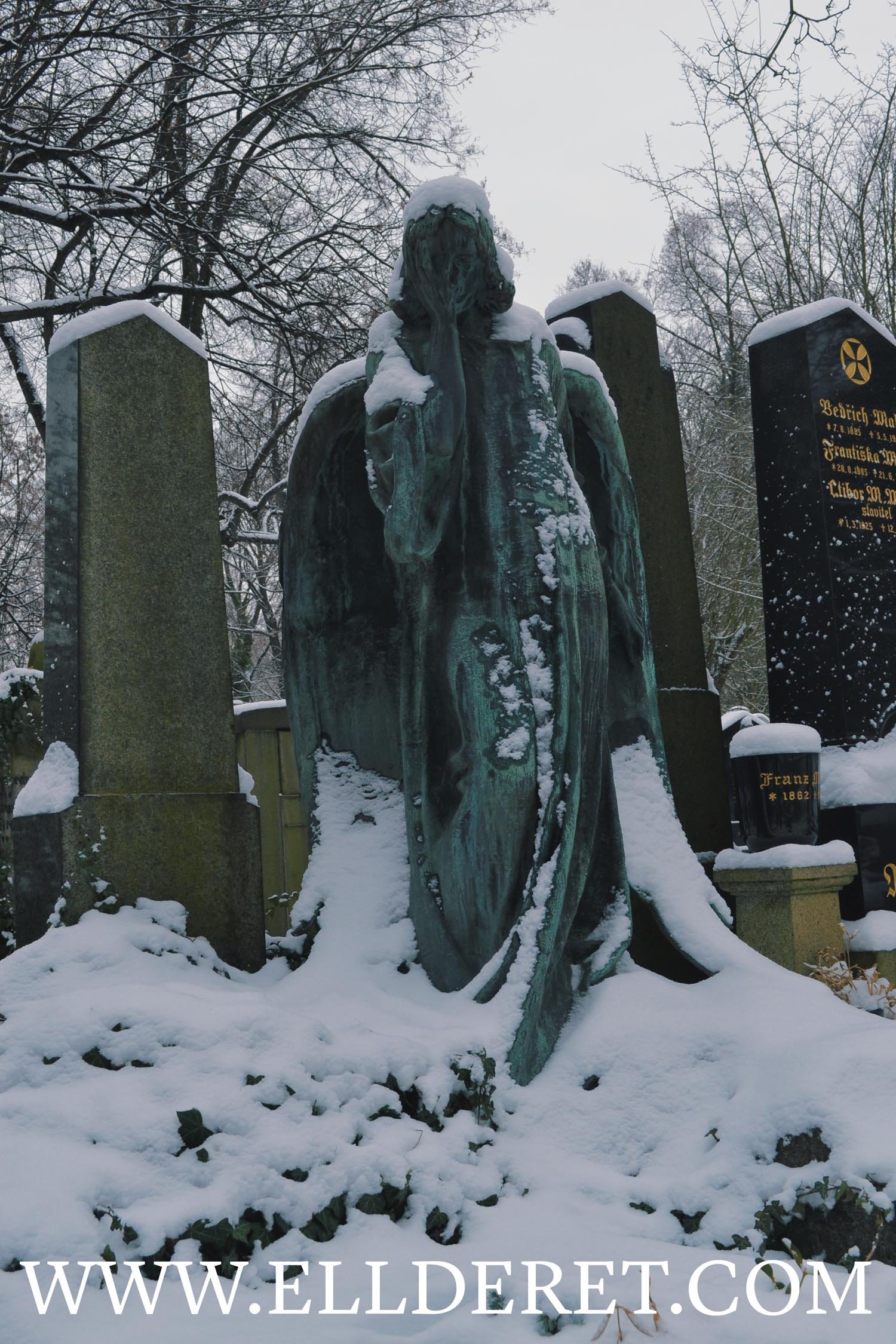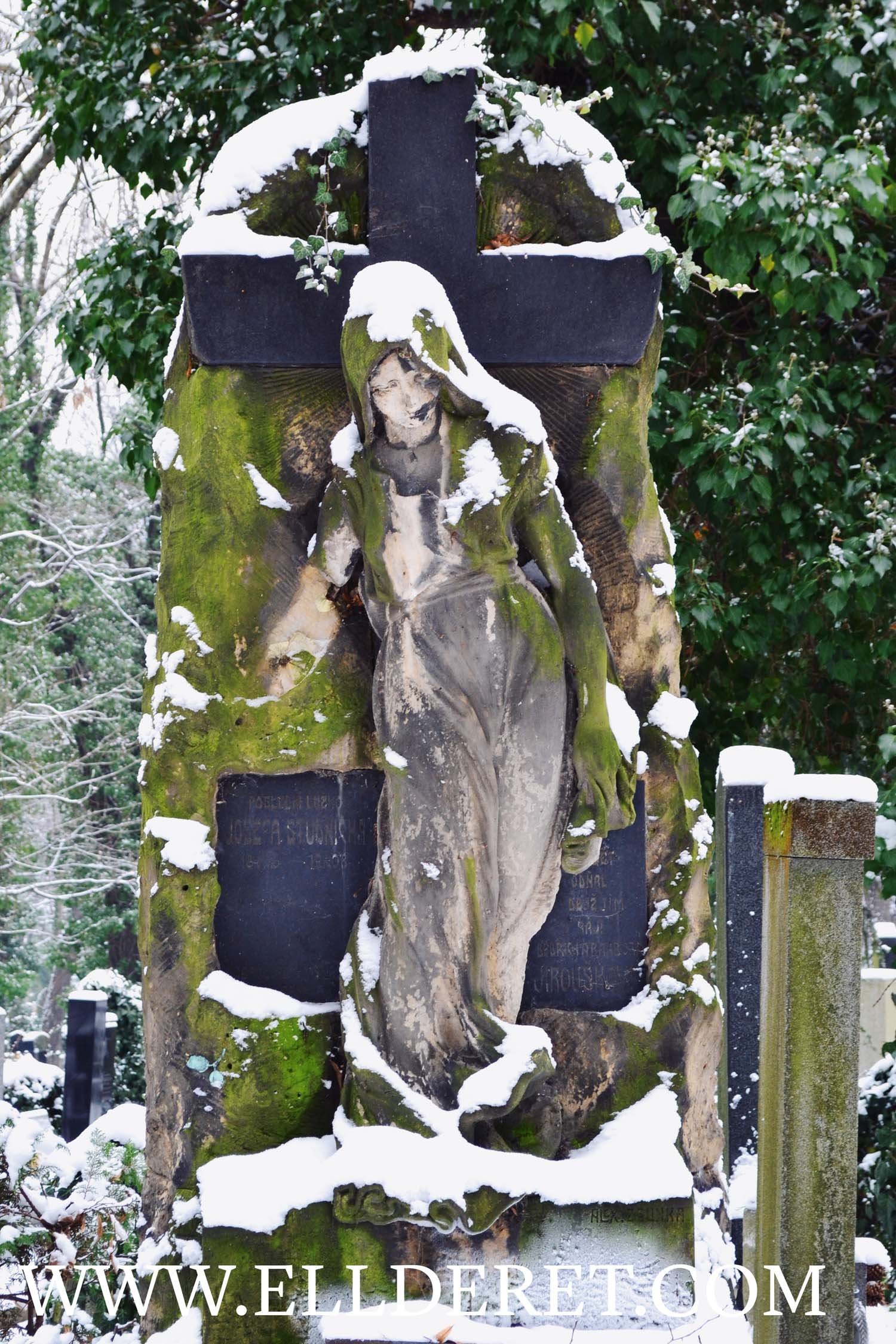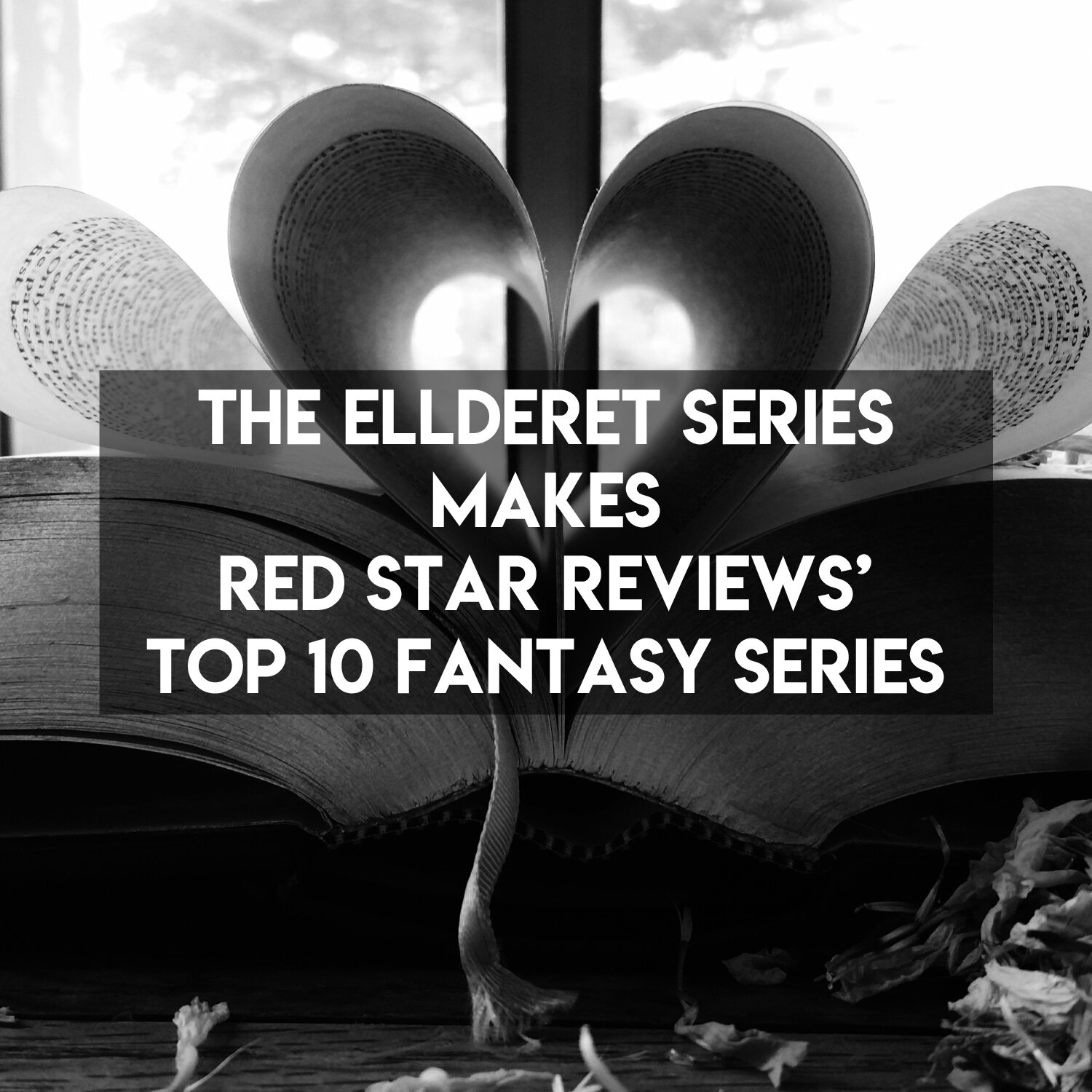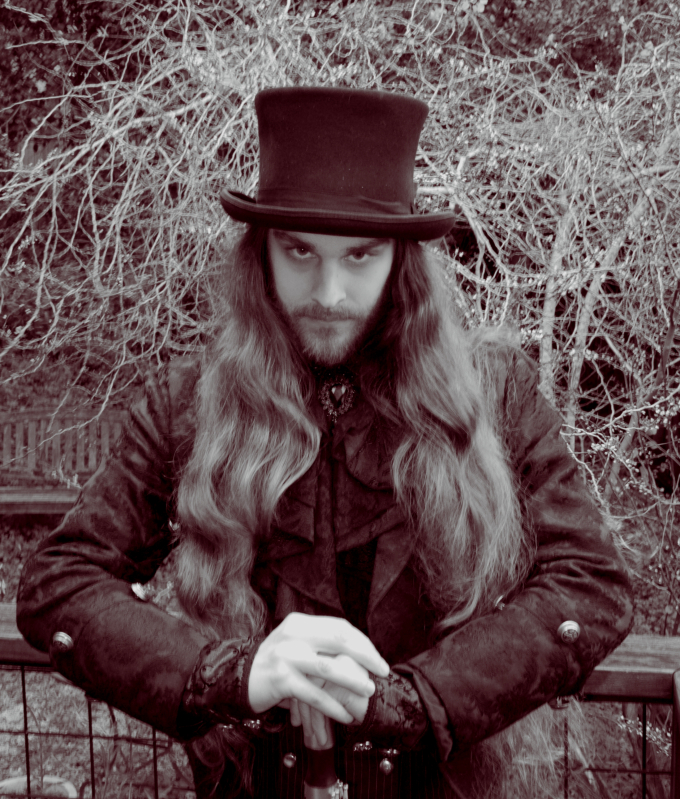Grab your favorite drink and sit back, because I’m about to share with you why I don’t believe in a one-size-fits-all solution to writing or worldbuilding.
When I first published The Deadbringer in 2016, Amazon’s Kindle Direct Publishing platform was still a relative newcomer in the traditional publishing scene. Independent publishing wasn’t seen as a legitimate business (which it is) and was often referred to as “vanity publishing.” And for the record, you better believe I laughed out loud at that last bit.
In an effort to combat the stigma associated with self-publishing at the time, and to bring validity to my own work, I attended establishment book conventions such as WorldCon and SFWA, some of the biggest science fiction and fantasy industry award shows.
I made it a point to be an active participant in these spaces and volunteered to moderate or be a speaker on panels. I jumped at any chance to read my work before an audience, which I discovered was something I genuinely loved. I also attended many panels about the ever-changing landscape of the indie publishing world, and on how I could improve my craft as a writer. This education (because that’s what it is) included writing workshops and critique groups.
After all, these particular conventions have been legitimized by the traditional publishing industry and are considered professional settings. Since I had no formal background in creative writing, I thought to myself, what better place to learn?
And who am I to question the professionals . . .
WHEN WRITING ADVICE BECOMES TOXIC
My experience with teachers in the Western academic setting has seldom been great: I struggle to learn and I often don’t present well, letting anxiety get the better of me. I’m much better at learning when in smaller groups or by myself, outside the standardized tests and other bureaucracy of the traditional “educational system.” But of course, that isn’t what the industry (or publishers, or employers) are looking for, and I’ve always been made to feel less because of it.
I carried that chip on my shoulder for a long time. It doesn’t help that in spaces such as SWFA and WorldCon there are those—almost always cis-, white males with hard-ons for European history—who weaponize their education to make you feel like you’re a fucking idiot.
I experienced first-hand the systemic racism within the science fiction, fantasy, and horror communities. It sucks to discover that you and your stories aren’t really wanted unless you’re willing to make a few changes—which in my case required erasing my identity. And this is that I’m a light-skinned Xicana with hazel eyes.
But I wanted to succeed, and opportunities that I otherwise would’ve never had came my way because I was an active participant in these legitimized spaces. So I sucked it up and dealt with it. There are a number of examples I could cite where my identity was policed, but I want to focus on the moment when I said to myself, Fuck this writing advice.
For a long time, I tried to follow the advice of other authors, both indie and traditional, to mold my brain to their styles, to conform my habits to theirs. I especially felt this pressure when I began working on the prequel novella To Nurture & Kill—a story about a wandering mercenary who has been tasked to care for a child with dark, dangerous powers. As background, part of the story is set in the city of Florinia, which is described as having a universal educational system and a festival dedicated to the local corn harvest.
And yet, at a writing workshop where I submitted the first 6,000 or so words of To Nurture & Kill for critique, I was told by some fellow authors in the workshop that Florinia’s educational system and its Corn Festival didn’t “work” because “none of these elements existed in medieval Europe, so readers will think that you don’t know what you’re talking about, and your story will be judged as bad writing.”
When I spoke up and mentioned that I wanted to see myself represented in fantasy and that while these elements might not have existed in medieval Europe, they did exist in Mesoamerica, I was met with the following: “Yes, but you have to understand that your readers don’t know that. All they’ll see is that you’re a writer who doesn’t know what they’re talking about and it will pull them out of the story. Think about trade.”
Of course, in the abstract “thinking about trade” is not bad advice, as it is important to think about what goods are native to your secondary world, which are imported, etc. But in this instance, these authors centered European Whiteness as the norm for a fantasy setting, as the default lived experience shared by all. The concepts of what educational systems existed, what trade items were available, were weaponized to white-wash my voice, my stories.
When I tried to further explain where I was coming from, I was talked down to and dismissed. I finally just shut up and let them explain to me why they were right, and why I was wrong. I just wanted the experience to be over.
This “well-meaning advice” fixated on how to improve my craft as a writer by eliminating the ethnic elements. The advice was not how to improve my writing or refine my worldbuilding, but to mold me into what these authors considered a Real Author. And to them, being a Real Author meant there was no room for my identity.
There Is a Difference
I’m grateful to the many BIPOC authors that have shared their experiences, who’ve started scholarships to attract more BIPOC talent, who’ve worked hard to obtain positions of authority within establishment institutions and to champion change from within. There is strength and healing in learning that you’re not alone in your experiences; it’s way too easy to gaslight yourself into believing the issues of discrimination and gaslighting don’t go that deep, when, in fact, they do.
Thankfully, now a few years further on, I’m very blessed to be in a writing group that gives me real, objective feedback on my drafts, like tips on how I can bring more emotion to scenes or characters, more excitement to a brawl, and so on. The difference between the condescension I experienced in the past and the good-faith critiques of my current group is like night and day.
Looking back, it’s terrifying to realize how lost I’d become, because of how BIPOC identities are policed under the guise of “well-meaning writing advice.” Because when all is said and done, policing BIPOC identities is another form of upholding Whiteness as the accepted lived experience; it says you’re welcome to sit at our table, but leave your culture at the doorstep.
Article and images created by E.M. Markoff
The Purple Rose in image three is original artwork created by Pink Pigeon Studio for Tomes & Coffee Press.
